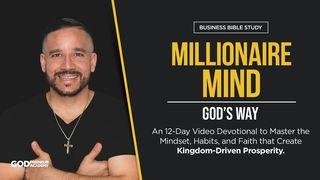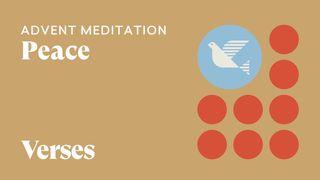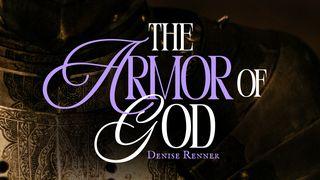Delve Into Matthew, Hebrews, and JamesSample

DAY 5 – JAMES
Jesus had several brothers; one of them was named James. After Jesus’ death and resurrection, James became one of the most important leaders of Jesus’ followers in Jerusalem. He was respected for the advice he gave and for the wise decisions he helped the Christian community make. It appears that at one point, perhaps later in his life, he decided to write down some of his best teachings and advice and send them to other Jewish believers in Jesus who were scattered throughout the Roman Empire. What he wrote to them has become known as the book of James.
This book begins like a letter because it’s being sent to people at a distance. But it’s actually not very much like other letters of the time. It’s instead a collection of short sayings, perhaps ones that James repeated often as he advised people. It also includes slightly longer discussions of practical topics. These discussions could have been taken from sermons that James gave, since they use the same techniques employed by speakers of the day. For example, sometimes James anticipates and answers a question someone might ask. Or, he may pose a question to his audience himself and then respond based on how he thinks they would have answered. Also, unlike most letters, this book doesn’t treat its topics in logical or sequential order. Instead, it interweaves various themes as James raises subjects, leaves them, and then comes back them again. The conversational style, the short, pithy sayings, and the interweaving of themes all make this book similar to the “wisdom” writing found in Proverbs and Ecclesiastes.
Like those wisdom books, the book of James concentrates primarily on questions of daily living. When James discusses directly what it means to be wise, he explains that wisdom is demonstrated in practical conduct: “The wisdom that comes from heaven is first of all pure; then peace-loving, considerate, submissive, full of mercy and good fruit, impartial and sincere.” The practical issues he considers include concern for the poor, the responsible use of wealth, control of the tongue, purity of life, unity within the Christian community, and above all, patience and endurance during times of trial. We can see that the people James wrote to faced many challenges as they sought to practice a “religion that God our Father accepts as pure and faultless.” As we face similar challenges today, his godly wisdom remains as valuable and helpful as it was when he first shared it centuries ago.
PRAYER: Lord, thank You for Your Word. Please continue to give me wisdom.
Scripture
About this Plan

Some of the books of the New Testament were written to Jews who believed in Jesus as their Messiah and retained their Jewish cultural and religious identity. This includes the gospel according to Matthew and also Hebrews and James . Delve into this reading plan, which offers context that will help you better appreciate and understand these New Testament books.
More
We would like to thank Biblica for providing this plan. For more information, please visit:
http://www.biblica.com
Related Plans

Happy to Work

Written in Heaven: His Story, Our Lives

Helping Your Kids Know God's Good Design

God Is in Control

Am I Really a Christian?

Daily Godpreneur: Millionaire Mind

Advent Meditations: Peace

Bible App for Kids – Discover God’s Big Story

Power at Sunrise: 30 Days of Reconstructing Your Life With the Word
